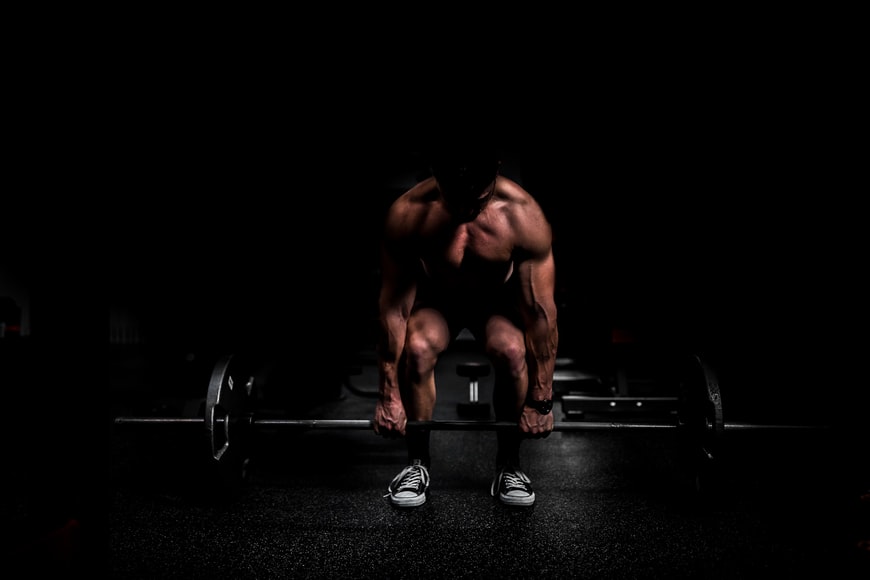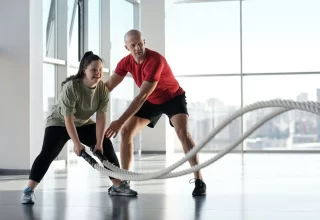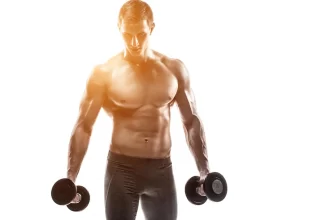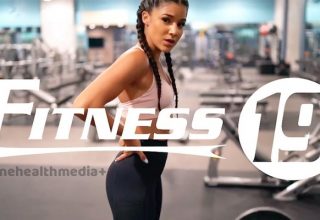Understanding Gym Nutrition: A Beginners Guide
It should come as no surprise that nutrition has a huge impact on your body and the results that you can expect from the gym. There is truth in that old saying: you are what you eat. You might be working exceptionally hard in the gym, but if your eating habits aren’t right, then you will struggle to meet your goals. Read on to learn more about getting the proper nutrition to maximize the effects of your workout.
Hydration

First things first, working out is a sweaty business. Exercise makes people sweat; the amount will depend on the workout, the environment that you are working out in, and even your genes. Drinking enough water is paramount to ensure that you don’t get dehydrated; this includes before and after the workout too. Ideally, you should start drinking fluids around four hours before you work out.
This can reduce your urge to guzzle water while you are exercising, which can, in fact, upset your stomach. There are a lot of different options when it comes to fluids for working out. Sports drinks are incredibly popular and touted as highly effective. However, most of the time, water will work just fine, although if you happen to notice a higher sweat rate or salt on your skin or clothes after a workout, then you might want to consider a beverage with sodium.
Carbohydrates
Unfortunately, some people are under the mistaken impression that carbs are not good for you if you are on a fitness journey, but this is simply not the case. In fact, carbohydrates are the main fuel that your body burns during exercise. Athletes need a lot of carbs because their training regimens are often a lot more intense than that of a moderate exerciser.
This doesn’t mean that they won’t need to include carbohydrates in their diets too. Complex carbs like oats, sweet potatoes, or quinoa are much better than simple carbs, which are broken down quickly; they keep you fuller for longer and help you to power through your workout.
Protein
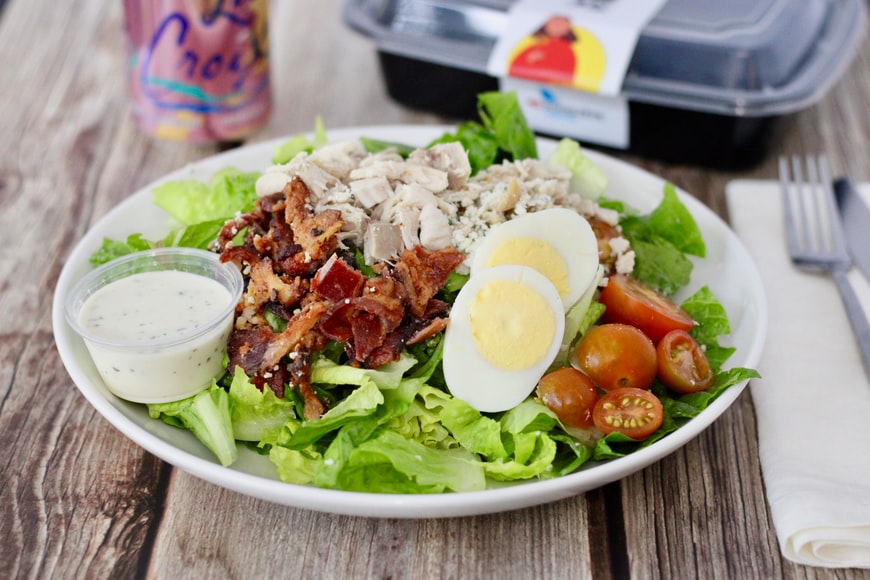
Protein is also incredibly important to maximize your efforts at the gym, and it helps to build muscle. Now, the amount of protein that you need will depend on your size and the type of exercise that you do. For most people on a fitness journey, it is recommended that they eat one gram of protein per pound of their body weight. So, for example, a 140lb person should be eating 140g of protein a day.
However, if you are trying to tack on more muscle, then you may want to eat more protein than you would if you were doing endurance exercises like running or walking. This is because consistently eating protein throughout the day is thought to improve the building of muscle within the body.
Fat
Most of the time, fats are demonized as they are what people associate with weight gain. While this can be true, if you have a surplus of fat within the body, then you will gain weight. However, it is also a key nutrient and can be a valuable energy source.
Fats can be considered healthy, like nuts or avocados, or unhealthy like junk food. In general, fats should ideally not make up more than 20-30% of your diet. Of this percentage, only around 10% should be made up of unhealthy or saturated fats. Swapping out the saturated fats for healthier sources can be beneficial for the body, including helping to keep your cholesterol levels in a healthy range.
Maintaining a Healthy Diet
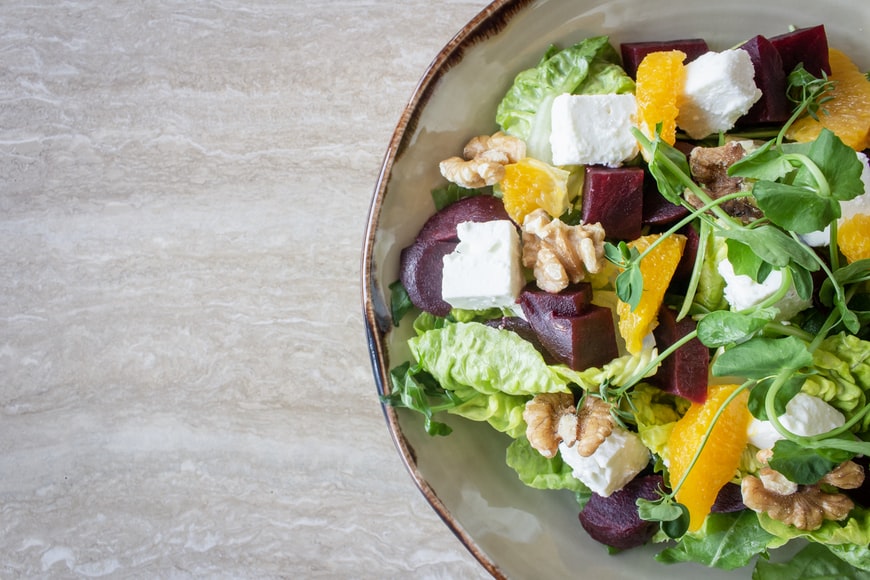
When it comes to gym nutrition, it is easy to simply focus on what you are consuming around your workouts but discount it the rest of the time. However, you should not forget that the rest of the day matters too. Your healthy diet can have a huge impact on your health and your performance, as well as the way that you feel.
Eating junk food might taste nice, but it often leaves you feeling sluggish and lethargic, which can hinder your workout efforts. When it comes to planning your diet overall, you should be looking to include complex carbs, grains, fruits, vegetables, protein, and healthy fats. This ensures that you are getting both your macronutrients and your micronutrients too.
Calorie counting can also be an invaluable tool. You can find a lot of resources online about your calorie requirements as well as trackers to help you to calculate your intake. Some people find this incredibly helpful because it helps them to hold themselves accountable and provides them with a better understanding of what they are putting in their bodies.
Supplements
Depending on your workout regime, you may find it helpful to look into supplements for athletes. These can help you to ensure that you are getting the nutrition that you need, especially if you struggle to fit it in during the day. You can try things like protein shakes, pre, and post-workout supplements, as well as taking vitamin and mineral supplements.
If you want to add some supplements to your diet plan, you should do your research first to ensure that you understand your body’s needs and what you are putting into your body by introducing these supplements. Becomeio has a range of products, but they also have an incredibly insightful blog where you can learn a lot about the different options available to you and whether they are right for you.
In Conclusion
Ensuring that you are working towards having a healthy and varied diet is essential not only for your wellbeing but also to support your efforts in the gym or other physical activities. During your fitness journey and even after you have reached your goals, it is important to consider your diet and whether or not you are giving your body the energy that it needs. Getting your nutrition right will help you to perform better, reduce the risk of injury and strengthen your immune system for a better post-workout recovery.
Read Also:
